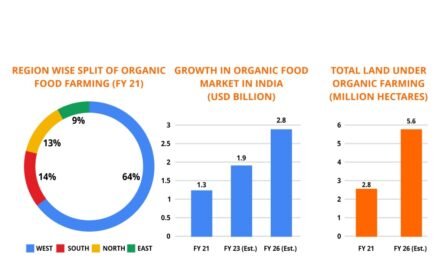In a significant move to enhance its position in the global rice market, India has removed the export tax on parboiled rice, aiming to increase shipments and support international demand. The decision comes as part of the government’s strategy to balance domestic supply while leveraging the country’s surplus production to strengthen its export competitiveness.
Parboiled rice, a key export commodity for India, is in high demand in African and Asian markets due to its longer shelf life and nutritional benefits. Previously, export duties were imposed to ensure adequate domestic availability amid rising food prices. However, with record-high rice stocks and stabilizing domestic prices, the government has lifted the tax, paving the way for increased trade volumes.
The removal of the tax is expected to:
- Boost Exports: Indian exporters can now offer more competitive prices, potentially capturing a larger share of the global market.
- Support Farmers: Increased export demand will likely lead to higher procurement rates, benefiting rice producers.
- Address Global Shortages: Several importing nations grappling with rice shortages due to adverse weather conditions will gain access to affordable Indian rice.
This policy shift aligns with India’s broader agricultural trade goals and reaffirms its status as the world’s largest rice exporter. Experts predict that this move will significantly enhance the country’s rice export earnings while maintaining a fine balance between domestic supply and global demand. By fostering a stable export environment, India aims to reinforce its role as a reliable supplier of rice on the international stage.









